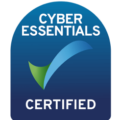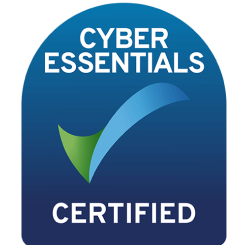What are the essential steps to start an e-teaching startup?
Begin by defining your niche and developing a solid business plan. Create engaging, high-quality content and choose the right platform to host your courses. Ensure you have a reliable tech setup and consider legal requirements like licensing. Finally, test your platform and gather feedback before launching.
How do I identify my target audience for an online teaching platform?
Analyze market trends and educational needs to pinpoint your audience. Conduct surveys and research to understand their preferences, demographics, and pain points. Create personas to better tailor your content and marketing strategies to meet their specific needs.
What technologies and tools are needed to launch an e-teaching business?
You’ll need a Learning Management System (LMS) for course delivery, video conferencing tools for live sessions, and content creation tools for developing materials. Additionally, use marketing and analytics tools to promote your platform and track performance.
How can I market my e-teaching services effectively?
Utilize social media and content marketing to reach your audience. Create valuable content that showcases your expertise and use SEO strategies to improve search visibility. Leverage email marketing and online ads to drive traffic to your platform.
What are some common challenges faced when starting an online teaching business?
Challenges include creating engaging content, managing technology issues, and attracting and retaining students. Ensuring course quality and maintaining a user-friendly platform can also be difficult. Competitive markets and scaling your business effectively are additional hurdles.


![]() 8 minutes
8 minutes


































